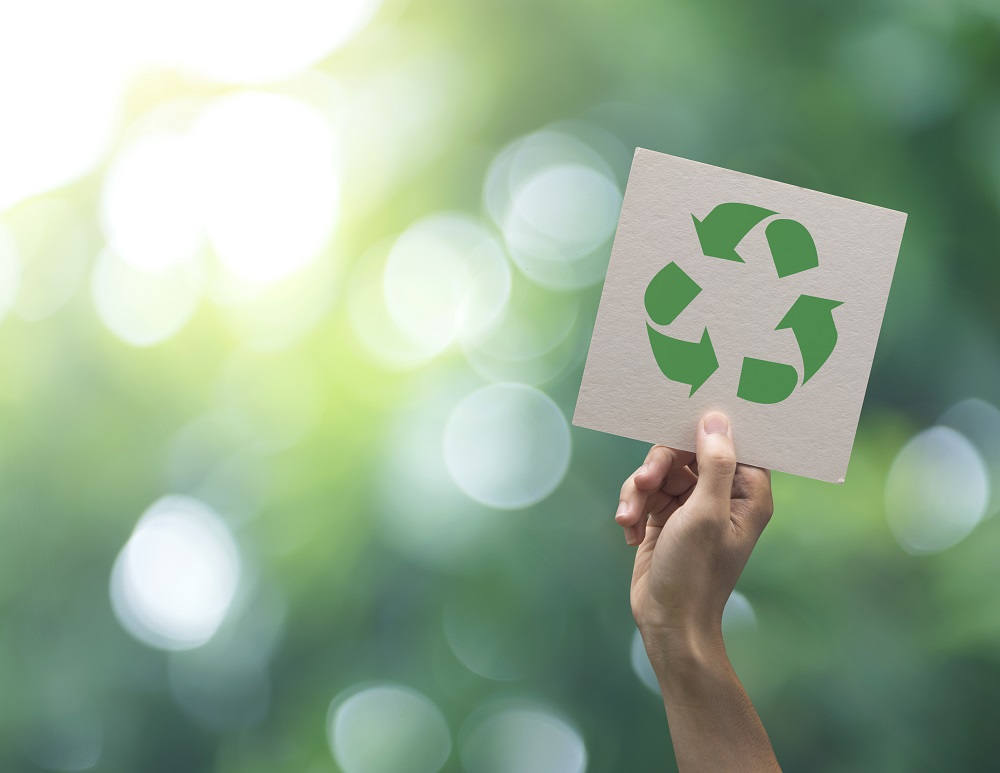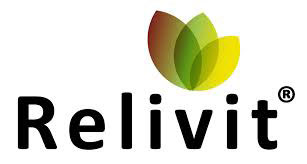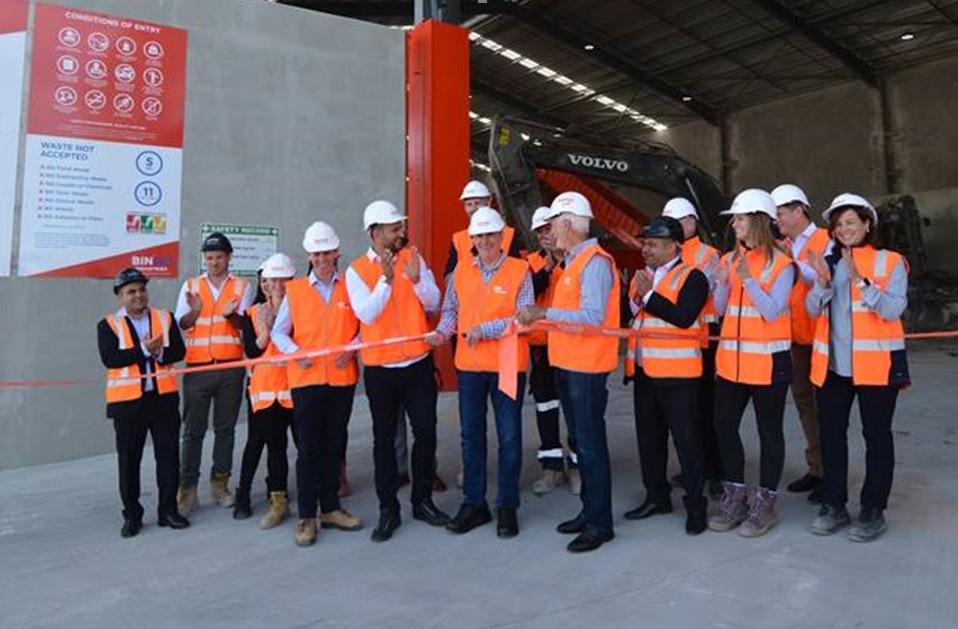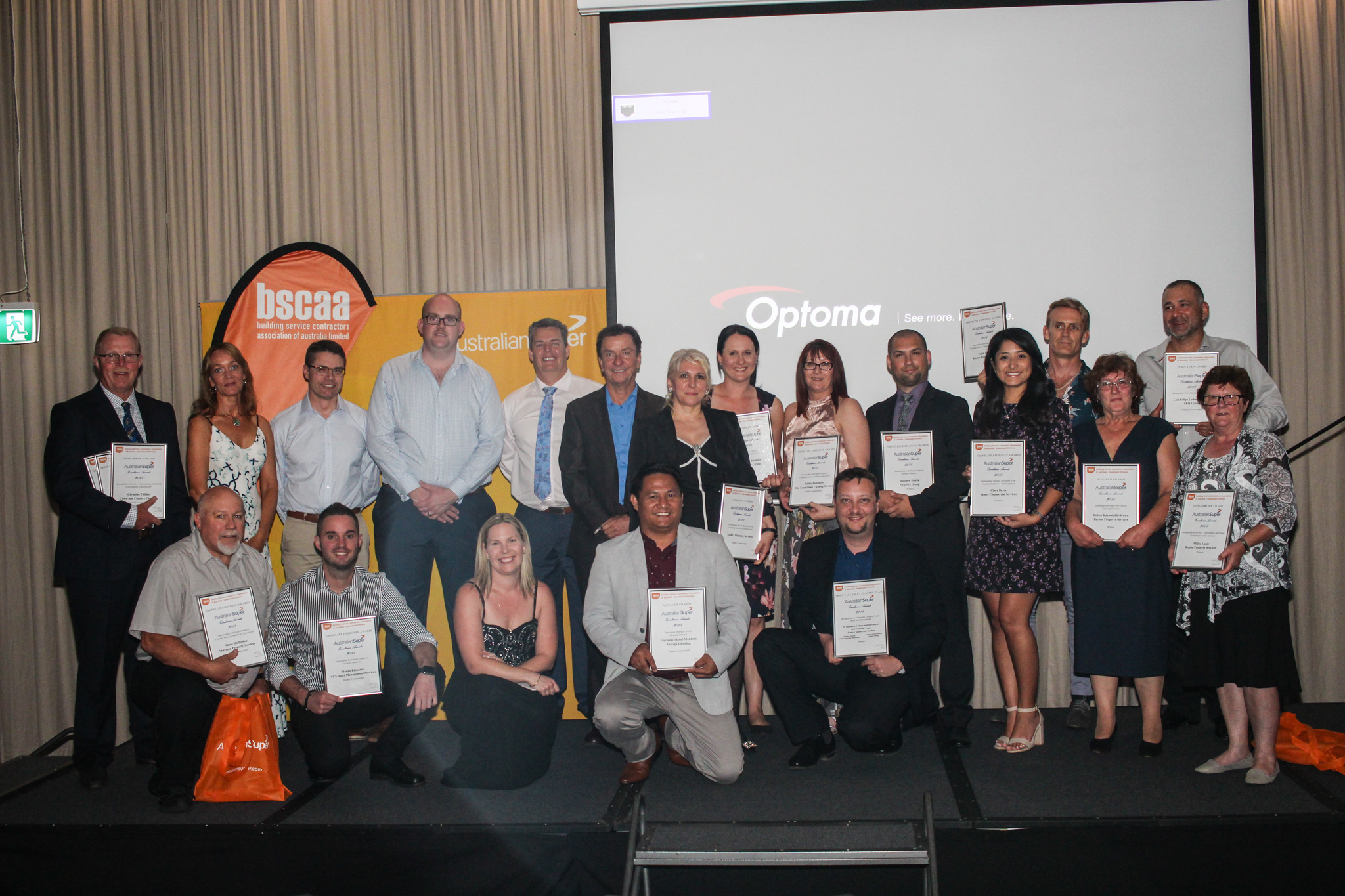
Coles and waste and recycling services company Cleanaway have launched new organics recovery technology in Brisbane to convert food waste into nutrient-rich compost, the first of its kind in Queensland.
Capable of separating food from its packaging, the service will process inedible or out-of-date food from 111 Queensland Coles supermarkets, creating compost for farms, gardens and parks out of waste that would otherwise have gone to landfill.
The facility is capable of diverting up to 20,000 tonnes of waste from landfill per year, which is the equivalent to filling 20 Olympic-sized swimming pools[1].
If sent to landfill, the waste diverted would create 42,000 tonnes of CO2-emissions, the equivalent of 17,365 vehicles on the road[2].
The depackaging technology has been installed in the Brisbane facility as part of a long-term food waste reduction partnership between Coles and Cleanaway, with 417 Coles stores across Australia already utilising other packaged organics recycling technologies.
The new facility will help Coles increase the proportion of unsold food it diverts from landfill and is in addition to the 29 million meals Coles donated to vulnerable Australians through food rescue organisations SecondBite and Foodbank in FY20.
Coles chief sustainability, property and export officer Thinus Keevé said the new recycling facility will help Coles reduce food waste and provide Queensland businesses with a new sustainable organics diversion solution.
“This new facility is central to our strategy of becoming Australia’s most sustainable supermarket, helping our Queensland stores reduce the amount of waste sent to landfill and associated carbon footprint,” he said
“As one of Australia’s largest food retailers, we’re proud be a market leader in food waste reduction and circular economy investment that helps to close the loop
“In FY20, we diverted 65 per cent of our food waste from landfill, and we have existing partnerships with food rescue organisations, farmers and wildlife services.”
Cleanaway Regional Manager for QLD, Hugo Parris acknowledged Coles for its focus on recovering as much food waste as possible.
“Food waste is a highly valuable resource and having the commitment from a business of Coles’ size means we can invest in this technology and recover material that would otherwise have been destined for landfill.”
The depackaging unit has commenced operation in the Brisbane suburb of Willawong, accepting food and liquid that cannot be sold including; meat offcuts, bakery items, packaged food and drinks and pet food.
[1] Approx. food density – Victorian Health and Human Services source, 2016
[2] National Transport Commission, Carbon Dioxide Emissions Intensity for New Australian Light Vehicles 2019, June 2020
9208.0 – Survey of Motor Vehicle Use, Australia, 12 months ended 30 June 2018
Comment below to have your say on this story.
If you have a news story or tip-off, get in touch at info@3.106.117.80.
Sign up to INCLEAN’s newsletter.





